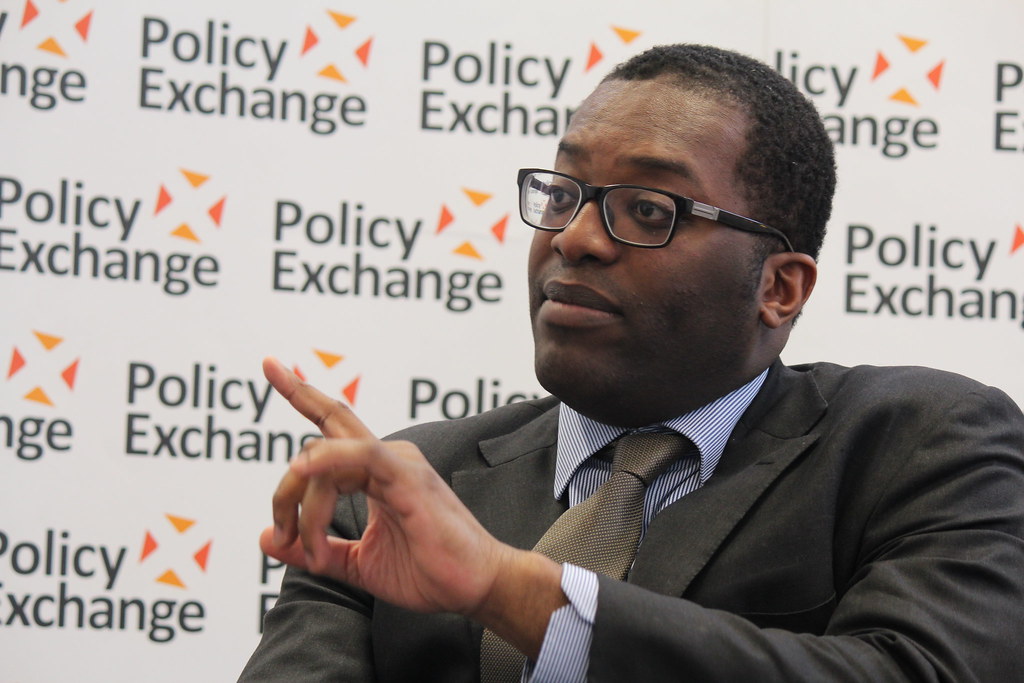LONDON, (Parliament Politics Magazine) – Days before releasing its energy supply strategy, the government has requested a new report on the impact of fracking.
The British Geological Survey (BGS) has been granted three months to review any modifications to the science around the contentious practice by Business Secretary Kwasi Kwarteng.
Fracking in the United Kingdom was stopped in 2019 due to objections from environmental groups and local worries about earth tremors.
In recent weeks, though, leading Conservatives have called for a reassessment.
Despite concerns about security of access and increased energy prices, they asserted that fracking will provide the country with a “competitive and stable source of energy.”
Other MPs and campaigners, however, have warned against a shift in policy, with Labour’s Ed Miliband claiming that the new study has “nothing to do with energy demands” and “everything to do with the Conservatives submitting to their backbenchers.”
The report, according to fracking companies, is a “tentative first step” toward reversing the prohibition and “exploiting the potential” of shale gas.
Ministers stated at the time of the moratorium that they wouldn’t change their opinions unless “compelling new evidence” was presented.
The move comes ahead of the government’s energy supply strategy, which is due to be released this week.
On March 9, PM Boris Johnson promised the plan in “days” to help reduce reliance on Russia and lower energy prices.
The deadline was repeatedly pushed back, with insiders telling the BBC that the Treasury was dissatisfied with the expense of nuclear power commitments.
The strategy is expected to include nuclear and renewable energy methods, as well as efforts to make homes more energy efficient and a path to increase North Sea oil and gas output.
The Net Zero Scrutiny Group (NZSG), a group of Conservatives, has also been advocating for a reassessment of the government’s legally mandated goal of net-zero carbon emissions by 2050.
Mr Johnson and his business secretary, on the other hand, have ruled that out.
‘Explore all sources’
Earlier in the day, Mr Kwarteng stated that the government’s approach on fracking must be guided by research. It would be prohibited unless it could be proven to be safe, sustainable, and causing minimal disruption to those living and working nearby.
Mr Kwarteng said that fracking in England would still require years of exploration and development before significant volumes of gas could be produced for the market, and it would have no immediate impact on prices.
However, he added, as they moved to low-cost renewable energy and new nuclear power, there would be a continuing demand for oil and gas in the coming decades.
Given Putin’s unlawful invasion of Ukraine, it was imperative that they investigate all domestic energy options.
Mr Kwarteng requested more information from the BGS on any new approaches that could make the fracking process safer, as well as how such hazards compare to those connected with other underground energy production methods.
Mr Miliband, the shadow climate change secretary, slammed the plan, saying: fracking, according to the government, was dangerous, would not improve the energy security or lower the bills, and was strongly opposed by local people.
This was yet another proof that this government couldn’t be trusted to deliver on the green energy sprint that is needed for energy security, bill reduction, and climate action.
Deidre Brock, a member of the Scottish National Party, called the study absolutely unacceptable, adding when the world’s leaders gathered in Glasgow for COP26, they vowed to do everything they could to reduce the reliance on fossil fuels and to do everything they could to address the climate crisis.
They would be breaking their promise if they reintroduce fracking, which might have disastrous effects.
Fracking, according to Friends of the Earth, is “pure fantasy” as a solution to the UK’s energy demands.






